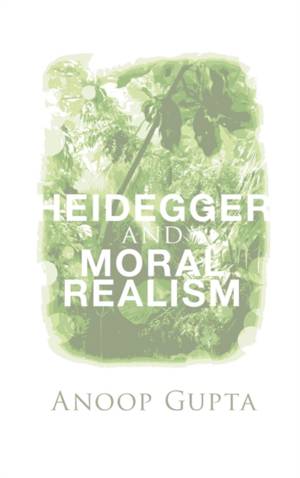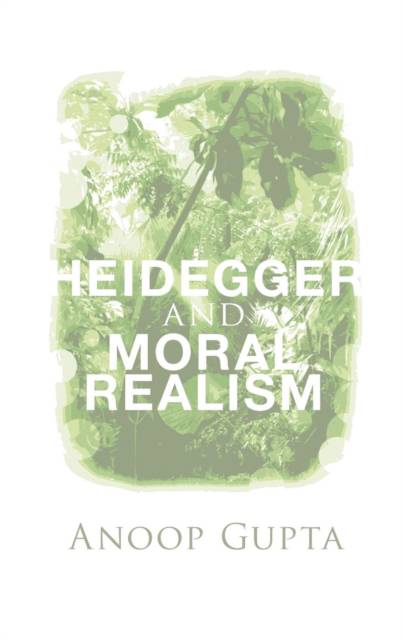
- Retrait gratuit dans votre magasin Club
- 7.000.000 titres dans notre catalogue
- Payer en toute sécurité
- Toujours un magasin près de chez vous
- Retrait gratuit dans votre magasin Club
- 7.000.0000 titres dans notre catalogue
- Payer en toute sécurité
- Toujours un magasin près de chez vous
Description
Is it possible to found a Heideggerian ethic around the notion of a relationship to being (Bezug zum Seyn)? Going against much of the Western tradition, Gupta considers if the being-relationship could result in a feeling or mystical experience that is the basis of ethics. Along the way, such an affective and embodied approach to ethics brings us into dialogue with a range of thinkers, such as Kant and Schweitzer. Further, it is suggested that an environmental philosophy is consistent with a Heideggerian ethics. Finally, recent research in the neurosciences is marshaled to at least show the plausibility of Heidegger's brand of moral realism as it is developed.
Spécifications
Parties prenantes
- Auteur(s) :
- Editeur:
Contenu
- Nombre de pages :
- 194
- Langue:
- Anglais
Caractéristiques
- EAN:
- 9781498203807
- Date de parution :
- 11-11-15
- Format:
- Livre relié
- Format numérique:
- Genaaid
- Dimensions :
- 152 mm x 229 mm
- Poids :
- 430 g

Les avis
Nous publions uniquement les avis qui respectent les conditions requises. Consultez nos conditions pour les avis.






